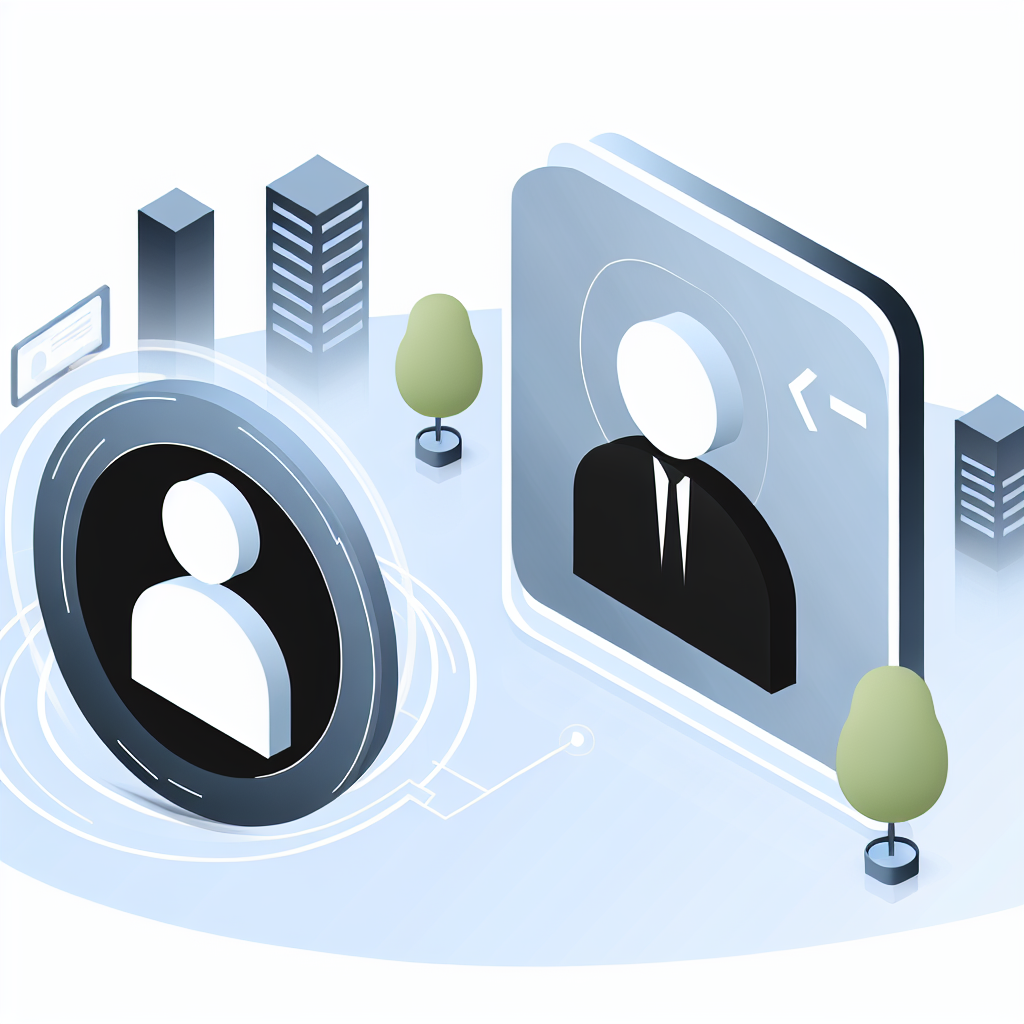
In today’s fast-paced business environment, the role of Human Resources (HR) has never been more critical to the success of an organisation. HR professionals are responsible for managing a variety of functions, from recruitment and onboarding to performance management and compliance. With the advent of HR software, these tasks have become increasingly streamlined, allowing for greater focus on strategic initiatives that drive organisational growth and employee satisfaction. In this post, we will explore the multifaceted benefits of HR software and practices, the latest trends shaping the industry, and how these developments are vital for an efficient workplace.
Significance of HR
At its core, HR is about managing an organisation’s most valuable asset: its people. The significance of HR lies in its impact on workforce productivity and morale. Effective HR practices foster a positive work environment and help cultivate talent, which in turn enhances overall organisational performance. This is achieved through various means, including:
- Payroll Management: Ensuring timely and accurate payment to employees.
- Employee Onboarding: Facilitating smooth integration of new hires into the organisation.
- Performance Tracking: Measuring employee performance to identify areas for improvement and growth.
- Talent Development: Supporting ongoing learning and development initiatives for employees.
Current Trends in HR
Automation and Efficiency
One of the most significant trends currently impacting HR is the automation of various processes. With HR software, organisations can:
- Save Time: Automation allows HR professionals to shift their focus from monotonous tasks to strategic roles. For instance, payroll software adeptly handles absence tracking and holiday pay calculations, liberating HR personnel to concentrate on recruitment and engagement efforts.
- Reduce Errors: The transition from manual to automated systems minimises costly errors. HR software ensures data accuracy and adheres to the latest regulations, thus protecting the organisation from potential compliance issues.
Employee Development and Wellbeing
Modern HR systems emphasise the importance of employee development and wellbeing. By prioritising these areas, organisations can:
- Nurture Employees: Focused development programmes enhance the talent pool, resulting in motivated and productive employees.
- Improve Wellbeing: HR software includes tools that facilitate work-life balance and stress management, contributing to a healthier workforce.
Security and Compliance
With increasing concerns around data security, especially in light of many data breaches in recent years, the adoption of cloud-based HR systems is on the rise. These systems offer:
- Enhanced Data Security: Cloud solutions safeguard employee information, reducing the risks associated with data breaches.
- Regulatory Compliance: HR software is typically updated to reflect the latest legal requirements, helping organisations stay compliant with minimal effort.
Key Benefits of HR Practices and Software
While the advantages of HR software are clear, let’s delve deeper into some of the key benefits that HR practices bring to the table:
1. Time-Saving
HR professionals often juggle multiple responsibilities. The automation of routine processes like payroll, absence tracking, and holiday calculations allows them to redirect their efforts towards more impactful activities such as talent management and recruitment strategies.
2. Error Reduction
Human error is a natural aspect of any workplace, but it can lead to costly consequences in HR. Implementing HR software significantly reduces the likelihood of mistakes inherent in manual data entry. As such, accuracy and compliance with legal standards are greatly improved.
3. Employee Development
A focus on employee growth is fundamental to any successful organisation. By implementing comprehensive development programmes through HR software, organisations not only enhance their talent pool but also boost employee satisfaction and retention. Skilled, engaged employees lead to increased productivity.
4. Improved Security
Data security is paramount for HR departments, particularly given the sensitive nature of employee information. Cloud-based HR systems provide secure storage solutions that adhere to the latest security guidelines, thus mitigating risks related to data breaches.
5. Boosted Wellbeing
The wellbeing of employees has a direct correlation with their performance. HR software can facilitate access to resources that aid in stress management and promote a healthy work-life balance, leading to an overall improvement in employee engagement and satisfaction.
Conclusion
The benefits of HR practices and software are vast, ranging from time-saving measures and error reduction to enhanced employee development, improved security, and boosted wellbeing. As technology continues to transform HR operations, it is crucial for HR professionals to leverage these advancements to augment organisational efficiency and cultivate a dedicated workforce.
By embracing the latest trends and integrating technology with HR strategies, organisations can not only thrive in an ever-changing business landscape but also support their employees in achieving their full potential.
For more insights on the benefits of HR software and practices, consider exploring the following resources:
- HR Portal Training: Why Use HR And Payroll Software
- UBS App: What Is The Best HR Management Software (HRMS) For Your Small Business
- Bayzat: HR Software: What It Is And How To Choose The Best Solution In 2023
By investing in effective HR software and practices, organisations can create a more engaged and productive workforce—whether you are in a role focused on talent acquisition, employee relations, or performance management.
This is not just about utilising technology but ensuring it aligns with the values and needs of your people. As we move further into 2024, it is essential to keep abreast of developments in HR technology and practices, and continually strive for excellence in workforce management.
After all, a well-managed workforce is a cornerstone of any successful organisation.
Vadim Kouznetsov is a distinguished entrepreneur and the visionary founder and CEO of JobXDubai.com, the UAE’s rapidly expanding job board. Renowned for his expertise in bridging the gap between job seekers and employment opportunities, Vadim has become a leading authority in the recruitment and job market of Dubai.
